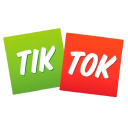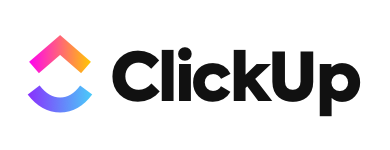Hiring One VA Inspired Me To Build A $6M/Year Business
Hello! Who are you, and what business did you start?
I am Pavel Stepanov, the Founder, and CEO of Virtudesk, and we help entrepreneurs scale and automate their businesses through virtual assistants and technology. We offer highly-trained virtual assistants based in the Philippines, specializing in services such as real estate prospecting, marketing, administrative work, customer service, and transaction coordination.
We help real estate agents, entrepreneurs, and small-to-medium-sized business owners scale their businesses by teaching them how to delegate certain parts of their business to virtual assistants so they can focus on the 20% of their business that produces 80% of the results. We primarily serve the real estate industry in the United States and Canada right now but are currently expanding into other industries such...






















